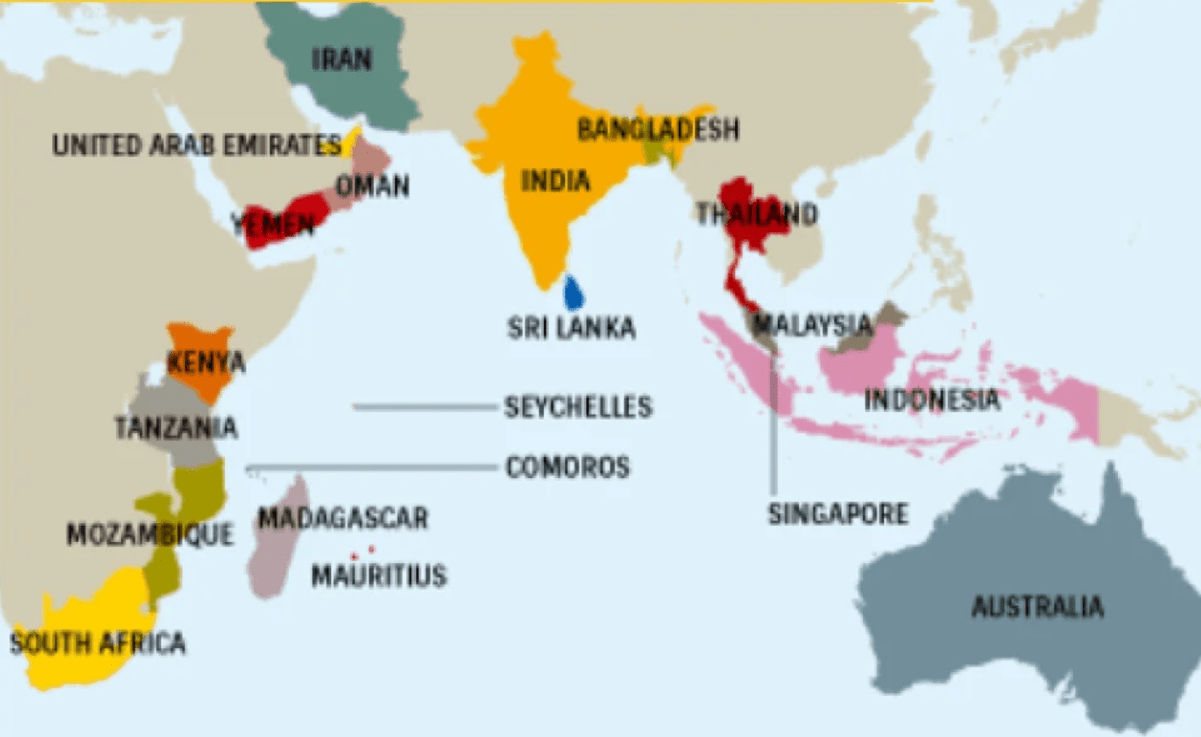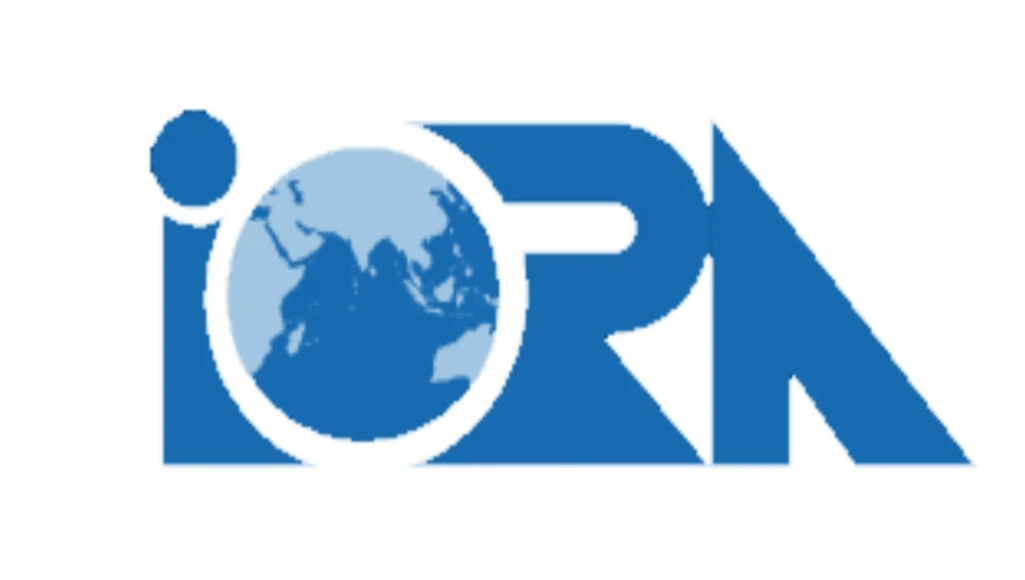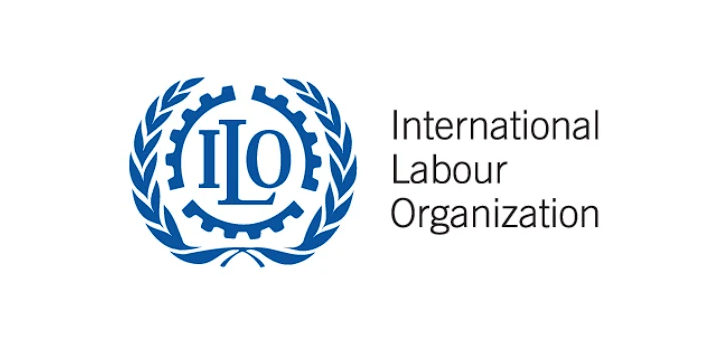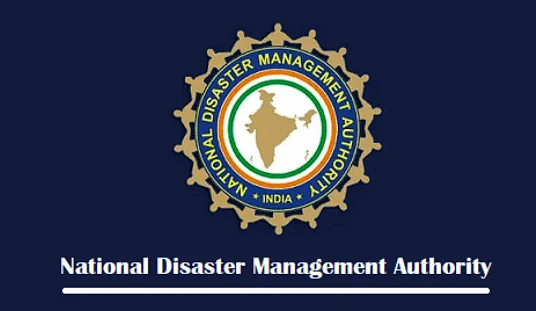Indian Ocean Rim Association (IORA)
The Indian Ocean Rim Association (IORA) is a significant regional organization that plays a vital role in enhancing cooperation among its member states around the Indian Ocean.
About IORA
- Formation:
- Established in 1997,
- Aims to promote regional cooperation and sustainable development among countries bordering the Indian Ocean.
- Membership:
- Comprises 23 member states, including India, Indonesia, Australia, South Africa, and several Middle Eastern and African countries.
- Dialogue Partners:
- China, Egypt, Germany, Italy, Japan, Korea, Russia, Turkey, UK and USA.
- Specialized Agencies:
- The Regional Centre for Science and Technology Transfer (RCSTT) based in Tehran, Iran.
- The Fisheries Support Unit (FSU) based in Muscat, Oman.
- Two Observers:
- Indian Ocean Research Group (IORG)
- Western Indian Ocean Marine Science Association (WIOMSA)
- IORA’s apex body is the Council of (Foreign) Ministers (COM) that meets annually.
- The Secretariat is hosted by the Government of the Republic of Mauritius which is based in Cyber City, Ebène, Mauritius.
Objectives
- Economic Cooperation: Foster trade, investment, and economic development.
- Sustainable Development: Address issues related to environmental protection and sustainable use of marine resources.
- Cultural Exchange: Promote cultural understanding and cooperation among member states.
- Security: Enhance maritime security and combat piracy, smuggling, and terrorism.
Key Areas of Focus
- Trade and Investment:
- Facilitating intra-regional trade and investment flows.
- Promoting the Indian Ocean as a trade hub.
- Maritime Security:
- Collaborative efforts to ensure the safety of navigation and address security challenges in the region.
- Initiatives to combat piracy and illegal fishing.
- Disaster Risk Management:
- Enhancing preparedness and response mechanisms for natural disasters, a common concern for many member states.
- Sustainable Development:
- Protecting marine ecosystems and promoting sustainable fishing practices.
- Addressing climate change and its impact on coastal communities.
- Academic and Cultural Exchanges:
- Encouraging people-to-people contact through cultural programs and academic collaborations.

India’s Role in IORA
- Leadership: India plays a pivotal role in IORA, actively engaging in initiatives and providing leadership in areas such as maritime security and sustainable development.
- Vision for the Indian Ocean: India’s “Security and Growth for All in the Region” (SAGAR) initiative aligns with IORA’s objectives, promoting security and cooperation in the Indian Ocean region.
- Bilateral and Multilateral Engagements: Through IORA, India enhances its relationships with other Indian Ocean states, contributing to regional stability and economic growth.
Challenges and Opportunities
- Challenges:
- Geopolitical tensions, particularly concerning major powers like China, which has increased its presence in the Indian Ocean.
- Diverse political and economic interests of member states may complicate consensus on key issues.
- Opportunities:
- Growing economic potential of the Indian Ocean region as a hub for trade and investment.
- Potential for enhanced cooperation in areas such as renewable energy, climate action, and technological innovation.
Conclusion
- Significance: IORA serves as a platform for fostering regional cooperation and addressing common challenges faced by member states.
- Strategic Importance for India: For India, IORA is crucial for reinforcing its maritime strategy, enhancing regional ties, and countering external influences in the Indian Ocean.
Key Points for Competitive Exam Preparation
- Familiarize yourself with the member states, key objectives, and recent initiatives of IORA.
- Understand India’s strategic interests in the Indian Ocean and its engagement with IORA.
- Analyze the challenges faced by IORA and its potential for promoting regional stability and development.




